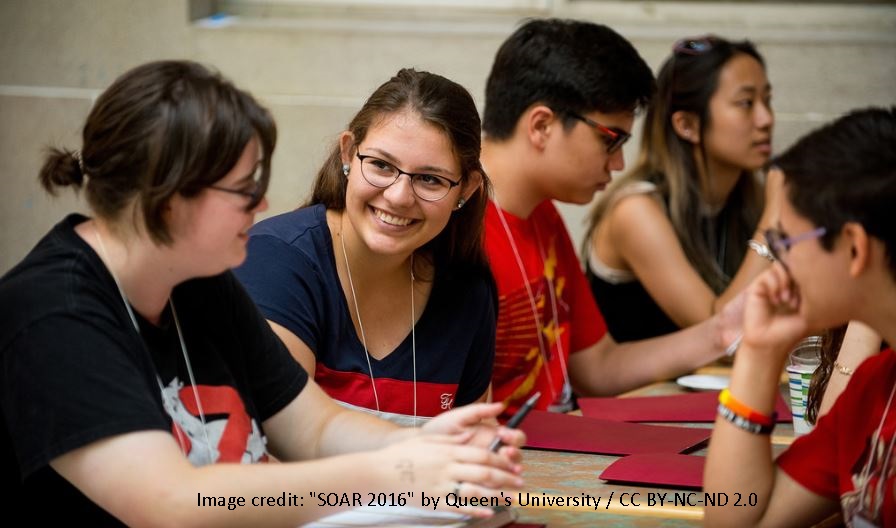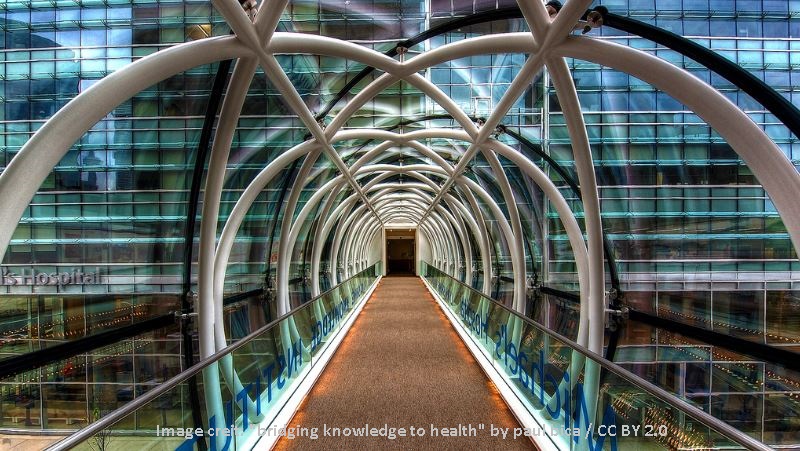Humanising higher education via inclusive leadership
The demand for higher education of all types is at an all-time high. As the world becomes more integrated and interdependent through the processes of globalisation and internationalisation and more driven by and dependent on advanced knowledge, skills and competencies, lifelong learning has not only become a necessity for economic development and social progress, but it is now recognised as a human right.


